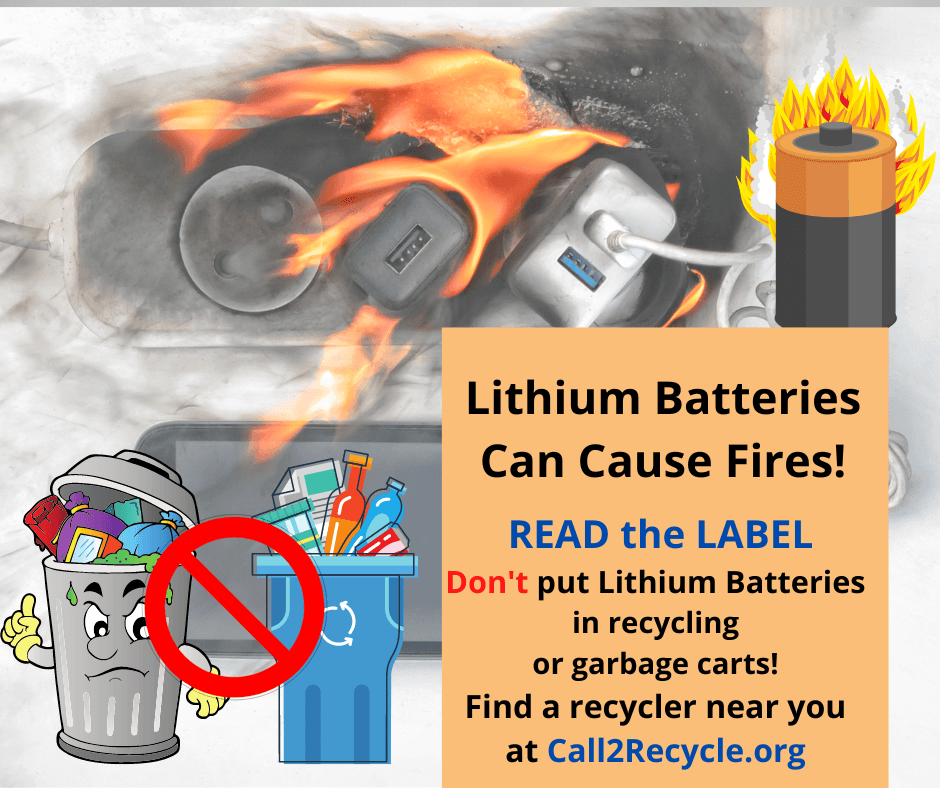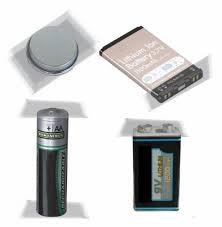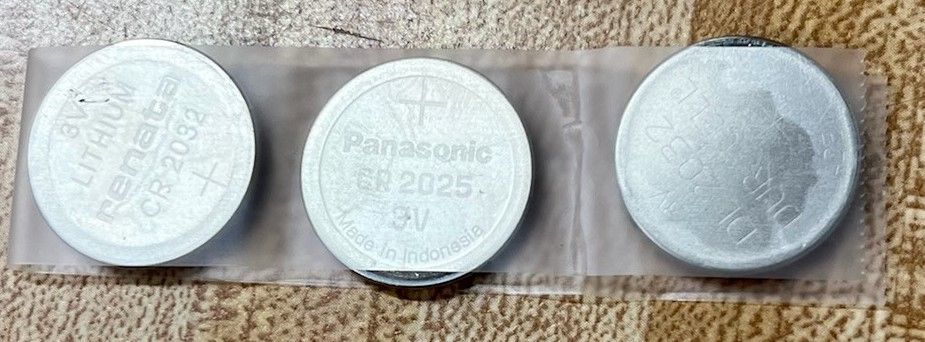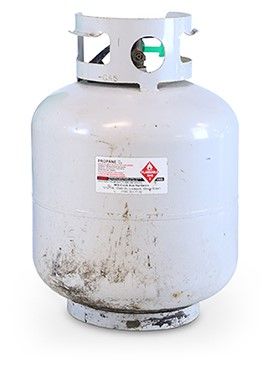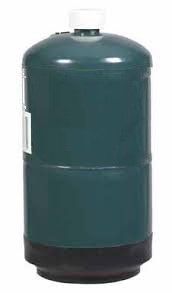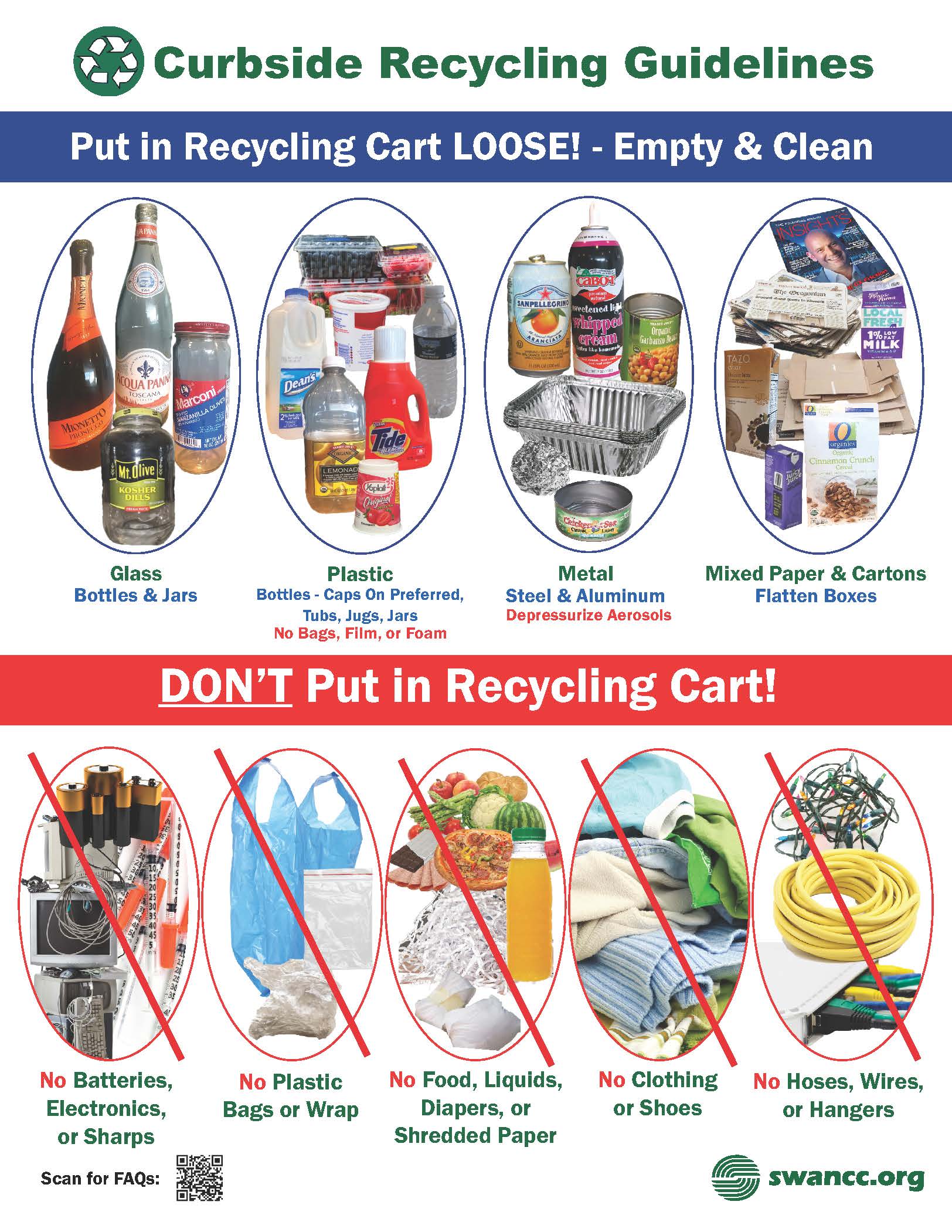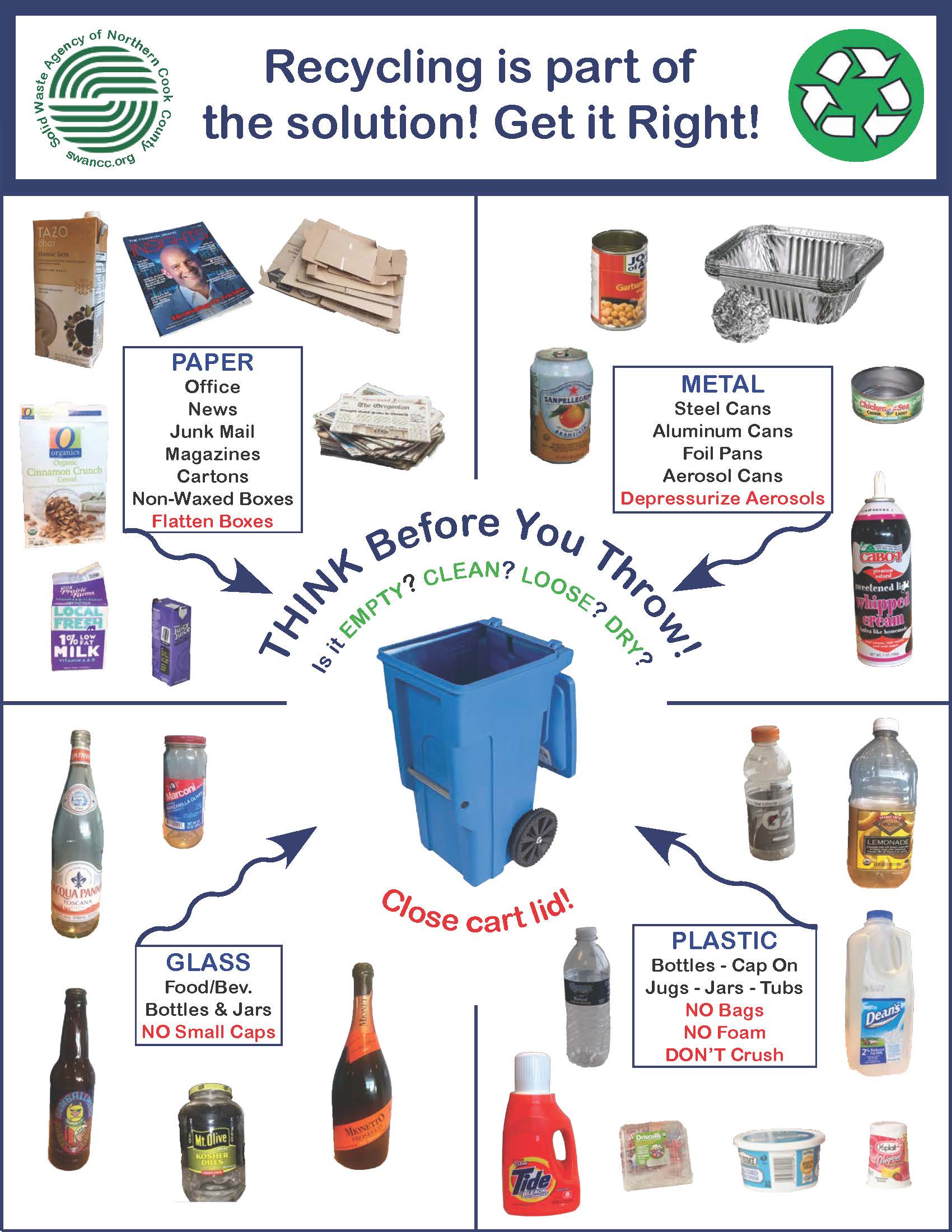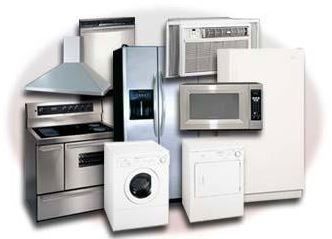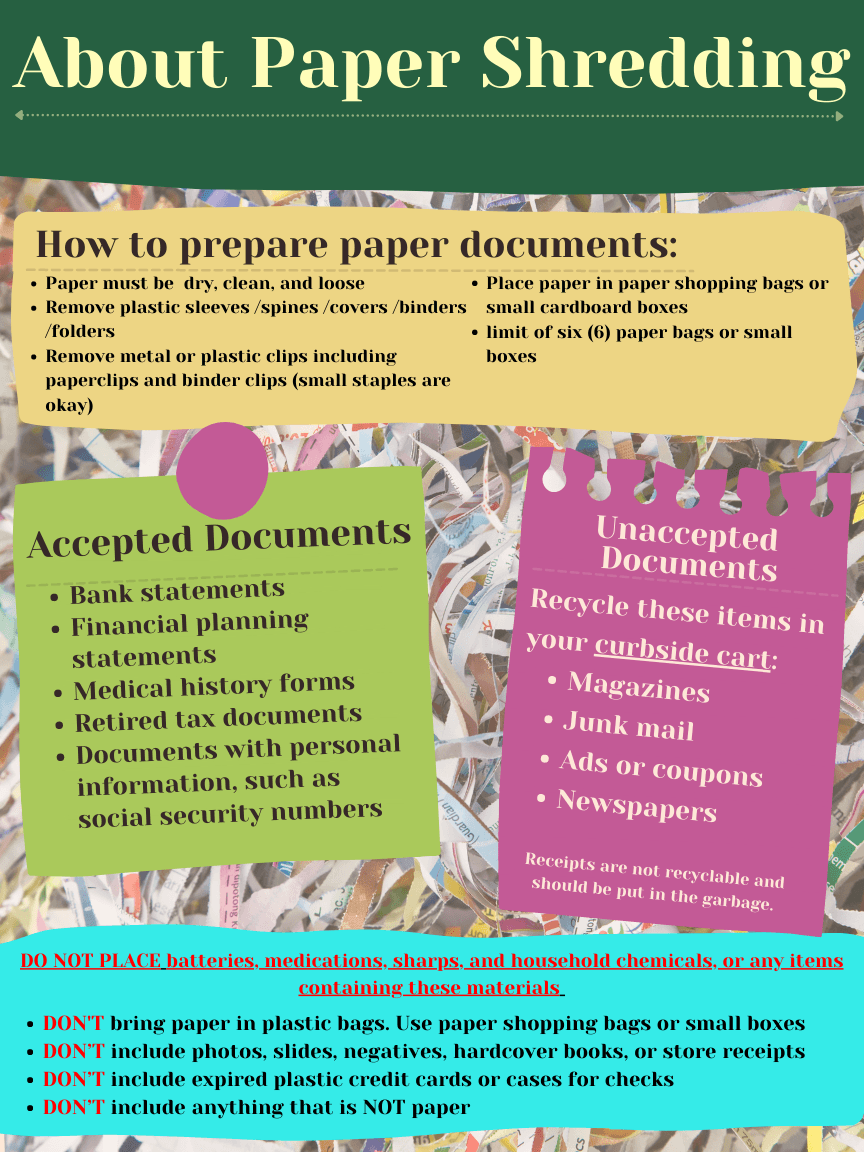Protecting your private information is our priority. This Statement of Privacy applies to practices described in this statement.
Collection of your Personal Information
SWANCC may collect personally identifiable information, such as your name. If you purchase SWANCC products and services, we collect (but do not store) billing and credit card information. This information is used to complete the purchase transaction. We may gather additional personal or non-personal information in the future.
Information about your computer hardware and software may be automatically collected by SWANCC. This information can include: your IP address, browser type, domain names, access times and referring website addresses. This information is used for the operation of the service, to maintain quality of the service, and to provide general statistics regarding use of the SWANCC website.
Please keep in mind that if you directly disclose personally identifiable information or personally sensitive data through SWANCC public message boards, this information may be collected and used by others.
SWANCC encourages you to review the privacy statements of websites you choose to link to from SWANCC so that you can understand how those websites collect, use and share your information.
SWANCC will disclose your personal information, without notice, only if required to do so by law or in the good faith belief that such action is necessary to: (a) conform to the edicts of the law or comply with legal process served on SWANCC or the site; (b) protect and defend the rights or property of SWANCC; and, (c) act under exigent circumstances to protect the personal safety of users of SWANCC, or the public.
SWANCC is not responsible for the privacy statements or other content on websites outside of the SWANCC website.
Use of your Personal Information
SWANCC collects and uses your personal information to operate its website(s) and deliver the services you have requested.
SWANCC may also use your personally identifiable information to inform you of other products or services available from SWANCC and its affiliates. SWANCC may also contact you via surveys to conduct research about your opinion of current services or of potential new services that may be offered.
SWANCC does not sell, rent or lease its customer lists to third parties.
SWANCC may share data with trusted partners to help perform statistical analysis, send you email or postal mail, provide customer support, or arrange for deliveries. All such third parties are prohibited from using your personal information except to provide these services to SWANCC, and they are required to maintain the confidentiality of your information.
SWANCCmay keep track of the websites and pages our users visit within SWANCC in order to determine what SWANCC services are the most popular. This data is used to deliver customized content and advertising within SWANCC of customers whose behavior indicates that they are interested in a particular subject area.
Use of Cookies
The SWANCC website may use "cookies" to help you personalize your online experience. A cookie is a text file that is placed on your hard disk by a web page server. Cookies cannot be used to run programs or deliver viruses to your computer. Cookies are uniquely assigned to you, and can only be read by a web server in the domain that issued the cookie to you.
One of the primary purposes of cookies is to provide a convenience feature to save you time. The purpose of a cookie is to tell the Web server that you have returned to a specific page. For example, if you personalize SWANCC pages, or register with SWANCC site or services, a cookie helps SWANCC to recall your specific information on subsequent visits. This simplifies the process of recording your personal information, such as billing addresses, shipping addresses, and so on. When you return to the same SWANCC website, the information you previously provided can be retrieved, so you can easily use the SWANCC features that you customized.
You have the ability to accept or decline cookies. Most Web browsers automatically accept cookies, but you can usually modify your browser setting to decline cookies if you prefer. If you choose to decline cookies, you may not be able to fully experience the interactive features of the SWANCC services or websites you visit.
Security of your Personal Information
SWANCC secures your personal information from unauthorized access, use or disclosure. When personal information (such as a credit card number) is transmitted to other websites, it is protected through the use of encryption, such as the Secure Sockets Layer (SSL) protocol.
Children Under Thirteen
SWANCC does not knowingly collect personally identifiable information from children under the age of thirteen. If you are under the age of thirteen, you must ask your parent or guardian for permission to use this website.
Changes to this Statement
SWANCC will occasionally update this Statement of Privacy to reflect company and customer feedback. SWANCC encourages you to periodically review this Statement to be informed of how SWANCC is protecting your information.
Your Access to and Control Over Information
You may opt out of any future contacts from us at any time. You can do the following at any time by contacting us via the email address or phone number given on our website and below:
- See what data we have about you, if any.
- Change/correct any data we have about you.
- Have us delete any data we have about you.
- Express any concern you have about our use of your data.
Contact Information
your questions or comments regarding this Statement of Privacy. If you believe that SWANCC has not adhered to this Statement, please contact SWANCC at:
SWANCC
847.724.9205
Effective as of March 15, 2021

